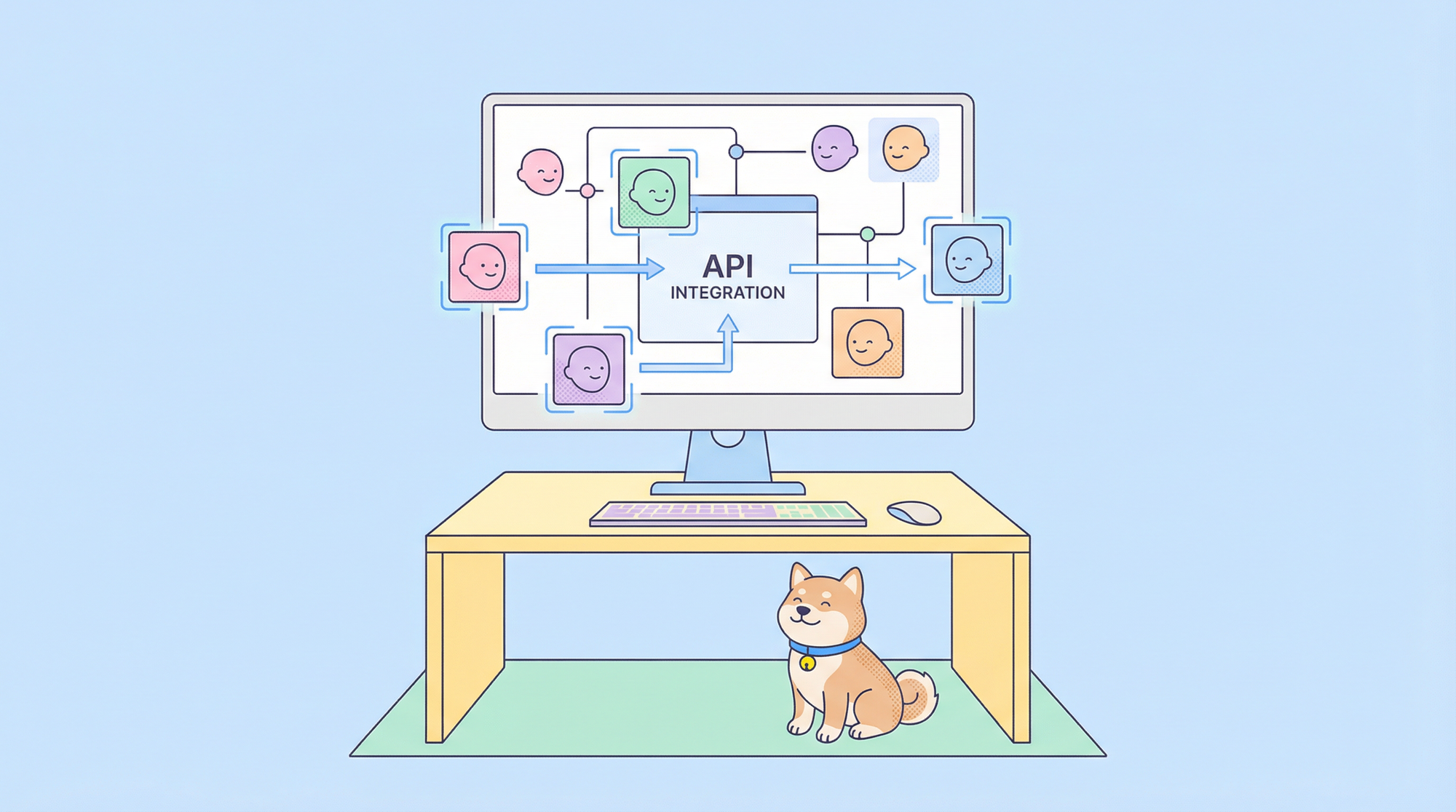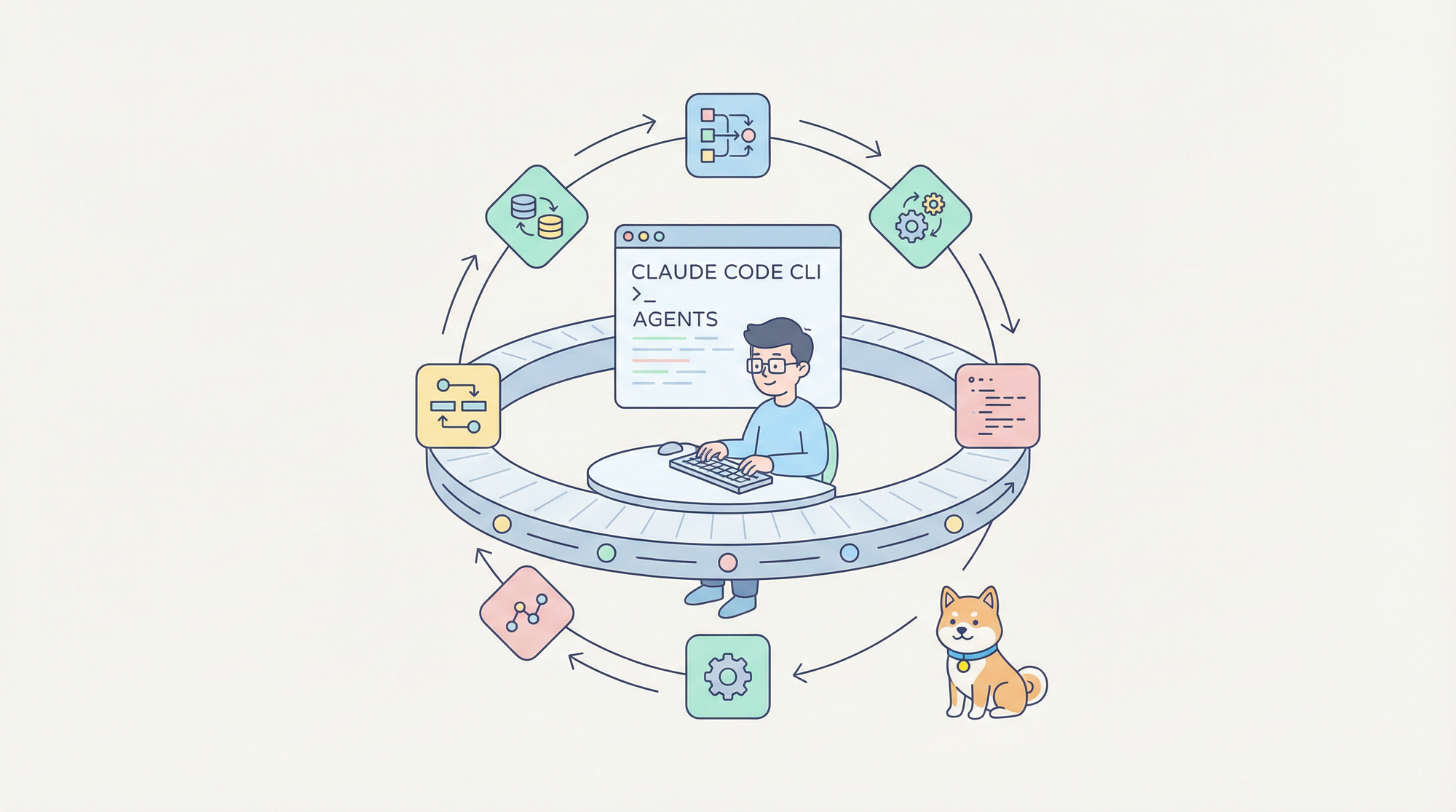High-quality documentation is no longer a luxury. Whether you're onboarding developers, managing internal knowledge, or supporting API consumers, choosing the right documentation tool can make or break user experience and team efficiency.
GitBook has long been a popular choice for modern documentation. Its clean interface and Git-based collaboration make it appealing for many development teams. However, GitBook isn’t for everyone. Some users seek more flexibility, offline editing, interactive features, or even open-source alternatives with fewer restrictions.
This article explores the 10 best GitBook alternatives available in 2025, whether you're working on internal docs, open-source wikis, or public-facing APIs, you'll find a solution that fits your workflow.
1. Apidog – Best Overall GitBook Alternative for API Teams
Apidog is not just a documentation tool—it's an all-in-one platform that handles the entire API lifecycle. Unlike GitBook, which is more generic, Apidog focuses specifically on API development, offering a tightly integrated environment for designing, testing, managing, and documenting APIs.
Why Choose Apidog:
- Auto-Generated Interactive Documentation: As you design your API, Apidog automatically generates interactive docs. Clients can test endpoints without leaving the page.

- Real-Time Sync: API changes sync immediately to documentation, ensuring teams always work from the latest version.

- Code Generation: Built-in code generation supports multiple languages, making it easier for frontend or third-party developers to consume APIs.
- Mock Server Support: Test endpoints before backend implementation with built-in mock data support.

Apidog’s specialized focus makes it an ideal GitBook alternative for technical teams who need deeper API functionality.
Best For: Developer-first companies, API teams, SaaS platforms
2. Docusaurus – Open Source & Developer Friendly

Backed by Facebook (Meta), Docusaurus is an open-source documentation generator built using React. It’s popular among developers and open-source maintainers for its flexibility, Markdown support, and strong community.
Key Features:
- Markdown-based writing with custom React components
- Easy integration with GitHub Pages or Netlify
- Built-in search powered by Algolia
- Versioning and localization support
- Strong plugin ecosystem

You can customize everything using React and Node.js. While it requires some dev experience to set up, Docusaurus gives you full control over your documentation system.
Best For: Open-source projects, developer-centric teams
3. ReadMe – Developer Portals With Swagger Support

ReadMe is a powerful platform focused on creating API hubs and developer portals. It’s one of GitBook’s closest competitors in terms of ease of use, but goes deeper with interactive API documentation.
Key Features:
- Supports OpenAPI/Swagger file imports
- Live "Try It" playground for APIs
- Beautiful themes with branding options
- User tracking to see who is using your API
- Guides, changelogs, and custom landing pages

ReadMe is well-suited for customer-facing API docs and polished developer experiences. It’s not ideal for internal-only use, but for companies focused on external integrations, it’s one of the best options available.
Best For: Public-facing APIs, SaaS companies
4. MkDocs – Lightweight, Fast, and Open Source

MkDocs is a static site generator geared toward project documentation. Written in Python, it uses simple Markdown files and can produce elegant documentation sites with minimal configuration.
Highlights:
- Very fast build time
- Customizable with themes like Material for MkDocs
- Simple YAML config file
- Supports plugins and versioning
- Perfect for GitHub Pages deployment

For developers comfortable in the command line, MkDocs is an excellent open-source alternative to GitBook. It lacks built-in collaboration features but excels in simplicity and speed.
Best For: Developers, open-source maintainers
5. Notion – All-in-One Workspace for Docs and Collaboration

Notion is more than a documentation tool—it's an all-in-one workspace combining notes, wikis, task management, and databases. Many startups and product teams use Notion as an internal knowledge base and project hub.
Key Features:
- Intuitive drag-and-drop editor
- Rich media support (video, code blocks, tables)
- Granular permissions and team sharing
- Cross-platform access
- Templates for wikis, roadmaps, etc.

While Notion isn’t purpose-built for developers, it’s highly effective for cross-functional teams that want docs, notes, and planning in one platform.
Best For: Internal documentation, non-technical teams
6. Docsify – Pure JavaScript and No Build Step

Docsify offers a minimalistic, client-side documentation tool that loads and renders Markdown files on the fly. It doesn't require a static site generator like MkDocs or Docusaurus.
Features:
- No build process required
- Loads docs via JavaScript directly in the browser
- Easy to set up and deploy
- Lightweight and fast
- Custom themes and plugins available

Docsify is perfect for small projects or developers who want quick setup without a complicated toolchain.
Best For: Lightweight documentation, quick prototypes
7. Confluence – Enterprise-Level Knowledge Management

Owned by Atlassian, Confluence is a powerful documentation and collaboration tool aimed at large organizations. It offers robust permission management, integration with Jira, and scalability for complex knowledge bases.
Key Capabilities:
- Visual page builder and content tree
- Rich access control
- Seamless Jira and Trello integration
- Templates for meeting notes, policies, project plans
- Real-time editing and inline comments

While not ideal for developer APIs, Confluence is a solid GitBook alternative for enterprise knowledge management and team collaboration.
Best For: Enterprises, teams using Jira
8. BookStack – Laravel-Powered Open Source Wiki

BookStack is a simple, self-hosted wiki system built on Laravel. It’s ideal for teams or communities looking for a structured, open-source alternative to GitBook with full control over data.
Benefits:
- Page and chapter hierarchy (Books > Chapters > Pages)
- WYSIWYG editor
- Easy role and user management
- Markdown and rich text editing
- Web-based admin panel

BookStack is a great pick for internal knowledge bases, schools, and small businesses.
Best For: Self-hosted wikis, internal teams
9. GitHub Pages + Jekyll – Free Hosting and Markdown Power

GitHub Pages with Jekyll remains a go-to solution for developers who want full control over their docs. It’s a free, flexible way to publish Markdown-based sites directly from a GitHub repository.
Highlights:
- Free hosting via GitHub
- Integrates directly with Git workflows
- Supports Jekyll themes, plugins, and Liquid templates
- Version control out-of-the-box

This setup is best for technical users comfortable with Git and static site generation, but it offers unbeatable customization and cost-efficiency.
Best For: Developers, open-source projects
10. Archbee – Docs + API + Product Knowledge Base

Archbee combines developer-focused documentation with modern knowledge management. With a sleek UI and features like team sharing, version control, and API blocks, Archbee positions itself as a team-friendly GitBook alternative.
Key Features:
- Built-in API docs with OpenAPI support
- Team-based workspaces and sharing
- Custom branding for public portals
- Advanced search and internal linking
- Works well for onboarding and engineering docs

Archbee is especially suited for fast-moving startups and dev teams building internal and external documentation simultaneously.
Best For: Developer teams, SaaS companies
Final Thoughts
GitBook is a solid platform—but it’s not always the right fit. Whether you're looking for an open-source tool, a developer-focused API platform, or a collaborative internal wiki, there’s a GitBook alternative that will meet your specific needs.
Here’s a quick summary:
| Tool | Best For | Open Source | API Support |
|---|---|---|---|
| Apidog | API lifecycle & interactive docs | No | Yes |
| Docusaurus | Open-source dev documentation | Yes | Moderate |
| ReadMe | Public developer portals | No | Yes |
| MkDocs | Lightweight static sites | Yes | Limited |
| Notion | All-in-one internal docs | No | No |
| Docsify | Client-side docs with no build step | Yes | Limited |
| Confluence | Enterprise knowledge base | No | No |
| BookStack | Self-hosted wiki | Yes | No |
| GitHub Pages + Jekyll | Custom static sites | Yes | Moderate |
| Archbee | Internal & public docs for teams | No | Yes |
If you're serious about API documentation, Apidog offers unmatched value in 2025 with its all-in-one approach, real-time updates, and interactive tools that GitBook simply can't match.



